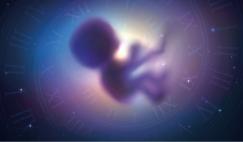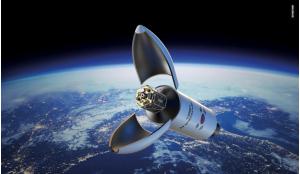The so-called minor bodies of the solar system, such as comets and asteroids, were little more than blurry images on photographic plates until ESA’s Giotto spacecraft made a ‘close approach’ to Comet Halley in 1986; even then it only got within about 600 km of the nucleus. Today, we expect our spacecraft not only to approach and orbit such bodies, but land on them and make in situ scientific measurements.
This compact primer on the subject begins with the formation of the solar system, placing comets and asteroids in the context of the Earth-Moon system and considering them both as “space dust” and as bringers of water and life to our home planet. A following chapter provides an overview of relevant space missions, with two subsequent chapters concentrating on the Stardust and Rosetta missions, respectively. Following a penultimate chapter on space mining, the author concludes with the issue of ‘extinction events’ and the “mission to save planet Earth”. The book is illustrated with an eight-page colour insert and includes a useful index.
The author is described as a “keen science communicator” and her book is clearly aimed at the non-professional. The material is topical and well explained, though even amateurs might find the chatty style off-putting from time to time. While a personal preface is desirable, a first chapter that begins with “My love for and interest in science” and continues with persistent use of the personal pronoun, will be too much for many. It’s one thing to make your text accessible but beginning a sentence with “As I said” several pages in serves only to remind the reader that they are, effectively, being lectured. I can only hope that the author’s intended audience disagrees, because there is plenty of interest between these covers.











